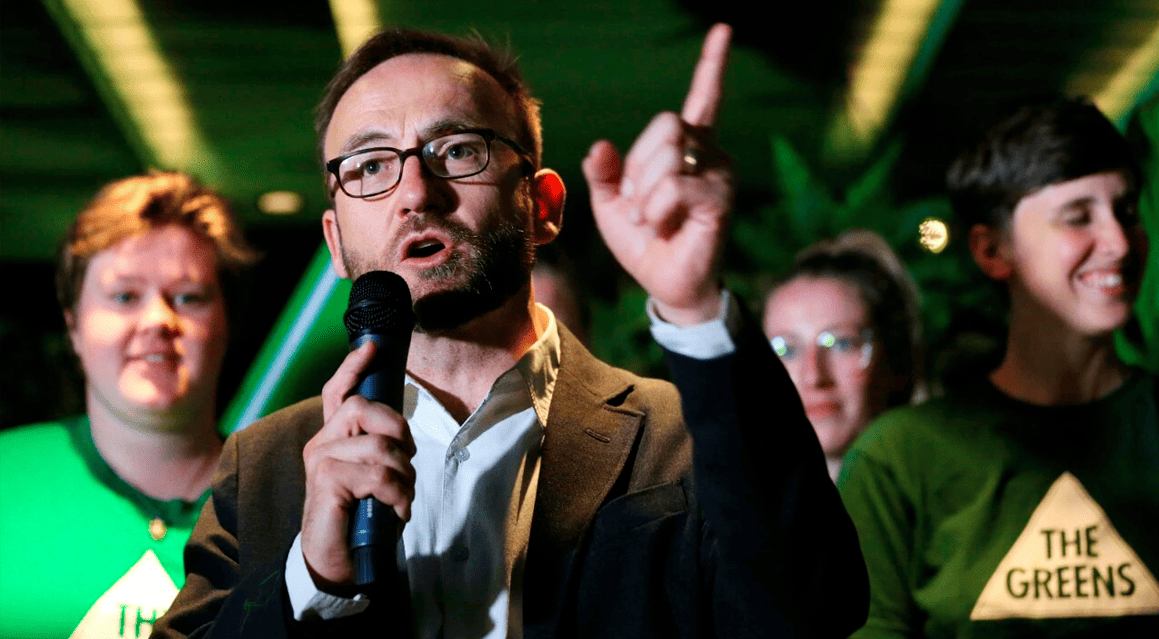
Image from news.com.au
KEY POINTS
- The Greens plan to limit negative gearing and CGT concessions in the event of a minority government to reduce investor demand and improve housing affordability
- Their policy keeps tax breaks for one investment property but removes them for others, claiming it could help 850,000 renters buy homes and fund 600,000 public houses
- Property groups warn the changes could worsen rental shortages, noting many investors already face losses from high interest rates
The Australian Greens say they’ll demand sweeping reforms to negative gearing and the Capital Gains Tax (CGT) in the event of a minority government.
The party says the policy stance is critical to addressing Australia’s deepening housing crisis.
With some opinion polls suggesting the possibility of a hung parliament after the May 3rd election and the Greens poised to retain the balance of power in the Senate, the hard-left party says it will push to wind back tax breaks for property investors that it claims have locked out an entire generation from home ownership.
However, the move has been roundly criticised by the property industry and groups representing investors, who say the Greens plan would only exacerbate the shortage of rental accommodation in Australia.
The Greens plan
The Greens say negative gearing and the Capital Gains Tax discount have contributed to ballooning home prices and make it easier for wealthy investors to purchase multiple properties, while young Australians struggle to enter the property market.
“Nothing is more urgent than housing,” Greens Leader Adam Bandt says.
“The Greens will make reforming negative gearing and the capital gains tax discount a priority in the next Parliament, including when there’s a minority government.”
Although the latest opinion polls show Anthony Albanese’s Labor Party could still win enough parliamentary seats to form a majority government in its own right, some analysts say the ALP could still fall short and may need support from the Greens in order to govern in a minority.
Mr Albanese insists he won’t do any deals with the Greens to retain the top job, but with the party pledging to keep Coalition leader Peter Dutton “out of office”, Adam Bandt is attempting to wedge Labor on housing, ahead of any possible minority government negotiations.
“The red line is we won’t support Peter Dutton,” he told the National Press Club this week.
“We will go into any discussions with an open mind, but with a clear platform that we’re going to put on the table.”
Under the Greens’ policy, existing tax breaks would be “grandfathered” for one investment property, while all subsequent properties – and future purchases – would lose access to both negative gearing and the current 50% CGT discount.
The Capital Gains Tax discount on other assets (like shares) would also be scrapped.
The Greens say the change would boost home ownership by shifting investor demand out of the housing market.
According to analysis by the left-wing Australia Institute, these changes could enable over 850,000 renters to become homeowners, while the extra tax raised could be used to fund the construction of over 600,000 new public housing units.
The Greens also claim renters have paid the price for inaction, pointing to research showing that a rent freeze they proposed in 2022 (which was ignored by the Albanese government) could have saved households an average of $6,318.
Instead, Mr Bandt says, more than $13 billion has instead flowed to landlords.

Image by Lukas Coch/AAP
The reaction
The Property Council of Australia says the Greens bid to heavily curb negative gearing and the CGT discount is “a distraction from supply-side policies that genuinely tackle the housing crisis, like planning, zoning and last-mile infrastructure reforms.”
“The next Australian Government will need a laser focus on both supply and market confidence,” Council Chief Executive Mike Zorbas says.
“We are in the middle of a housing crisis, and the only way to get out of it is to build more homes.
“Tampering with negative gearing will only lower the supply of new homes.
“We have a big housing gap across Australia and previous modelling shows that changes would widen it.”
Negative gearing allows investors to offset losses they incur from owning a property (such as interest on loans, maintenance, council and utility costs) against their other income (such as wages).
Capital Gains Tax is a levy on the profit an investor makes from selling an asset, such as a house or a stock.
Both policies are designed to boost housing supply by encouraging investment in property.
The Greens' housing demands came as property investor lobby group PIPA (Property Investment Professionals of Australia) reminded politicians that it was a misnomer that many landlords were raking in big profits.
The group cited the findings of its 2024 Investor Sentiment survey, which found around 2/3rds of investors had experienced negative cash flow in their property portfolios, an 8% increase on 2023.
The group says 67% of investors with one property, 72% with two properties, and 66% of investors who owned three properties reported experiencing negative cash flow.
“There has been much conjecture and commentary about investors somehow cashing in from higher rents over the past few years, but this data shows that most investors need to tip in additional funds to keep their properties financially above water,” PIPA chair Nicola McDougall noted.
Ms McDougall said the sharp increase in investors facing negative cash flow was linked to high interest rates.
“Interest rates remain significantly higher than they were a few years ago, and while rents have risen, they are a drop in the ocean compared to higher lending costs,” she said.
Stay Up to Date
with the Latest Australian Property News, Insights & Education.




.png?width=292&height=292&name=Copy%20Link%20(1).png)
 SIGN UP FOR FREE NEWSLETTER
SIGN UP FOR FREE NEWSLETTER
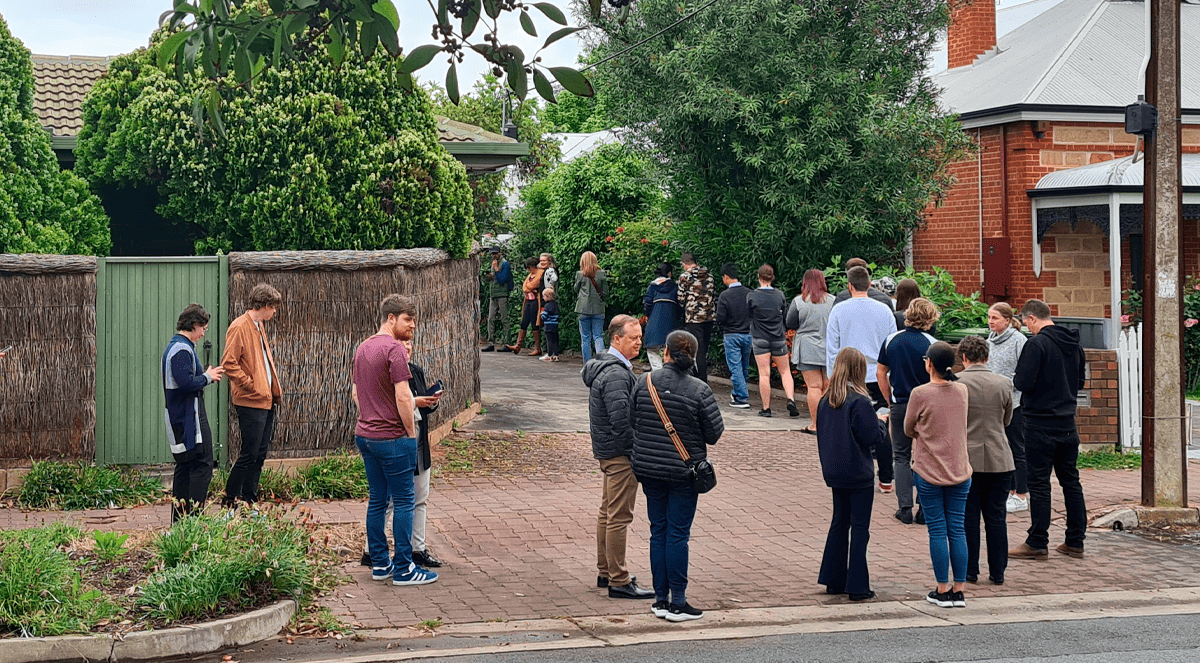
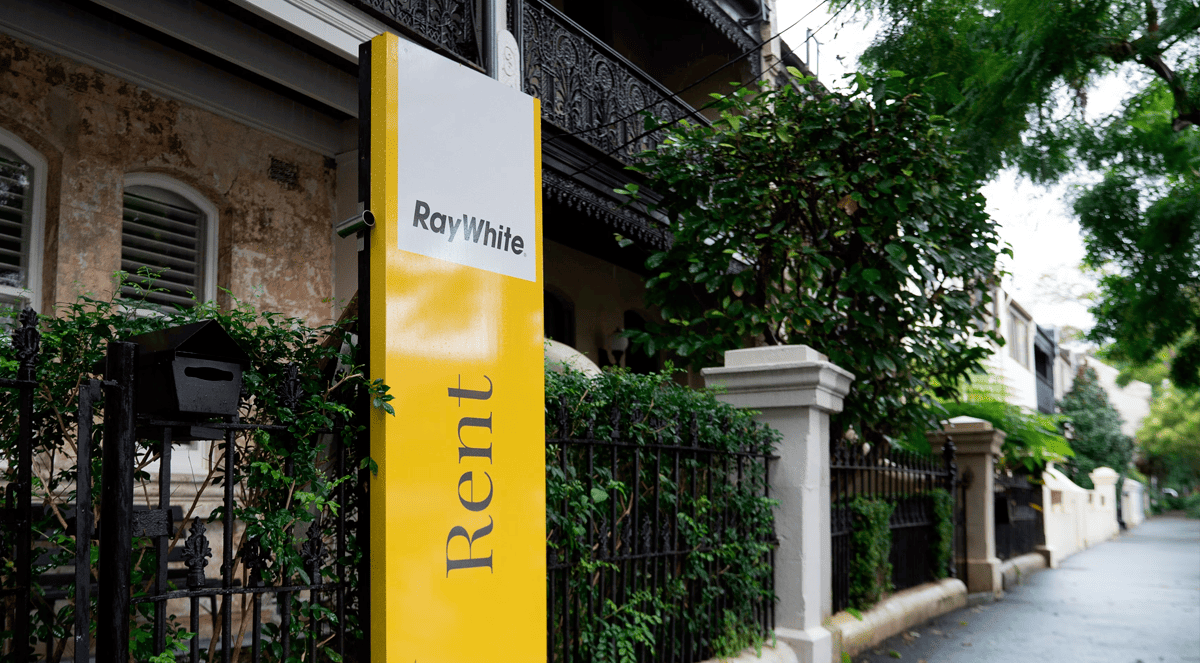
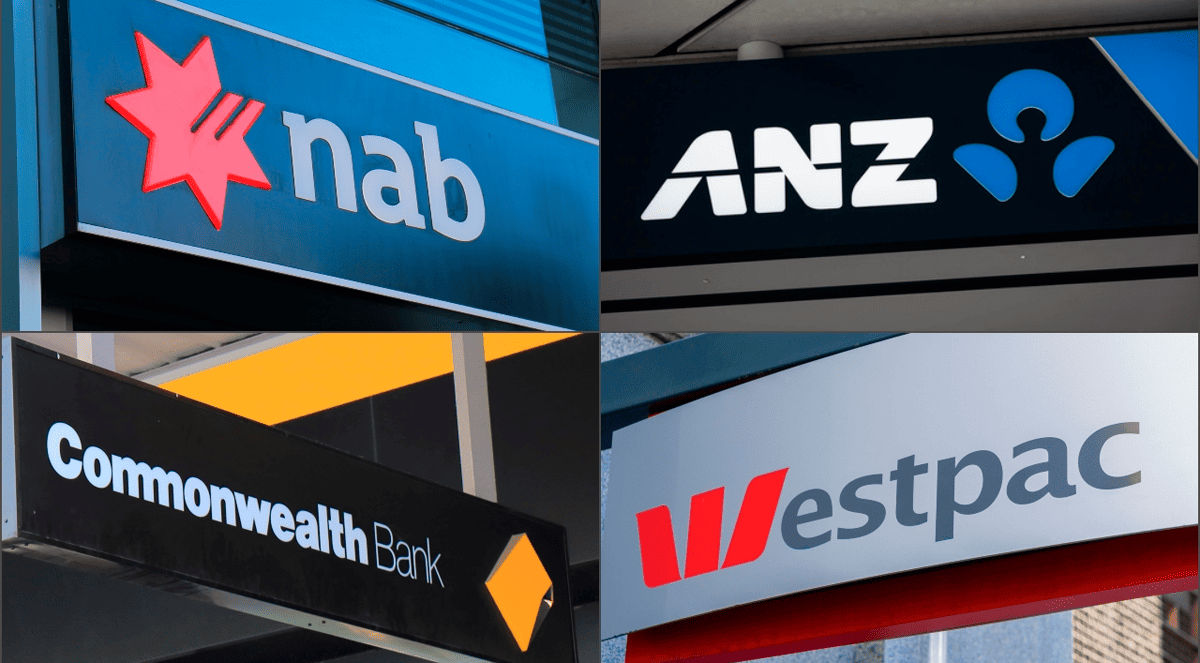
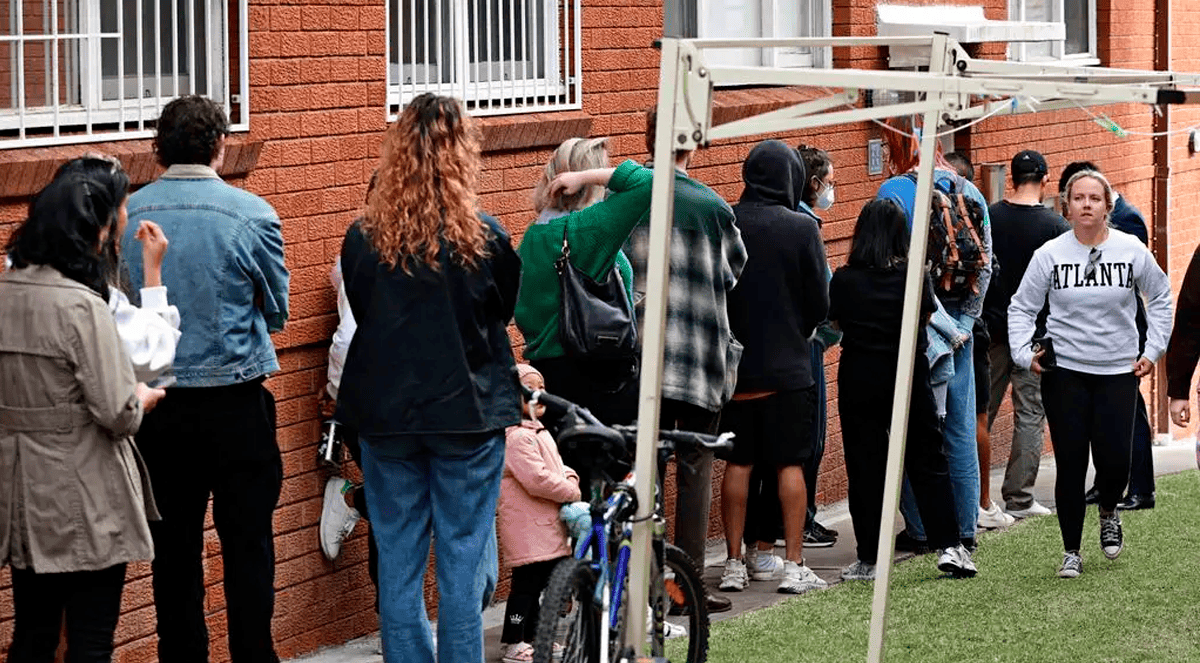

%20Scott%20Kuru%20DPU%20141.jpg?width=1920&height=1080&name=The%20Senate%20Just%20Exposed%20Australias%20Biggest%20$80%20Billion%20Housing%20Fraud%20(Inquiry%20Launched)%20Scott%20Kuru%20DPU%20141.jpg)





%20Scott%20Kuru%20DPU136.jpg?width=1920&height=1080&name=Aussies%20Just%20Got%20Hit%20With%20Double%20Taxes%20on%20Everything%20(This%20Has%20Gone%20Too%20Far)%20Scott%20Kuru%20DPU136.jpg)


%20Scott%20Kuru%20DPU%20133.jpg?width=1920&height=1080&name=JUST%20IN%20Something%20Major%20Just%20Flipped%20Australia%E2%80%99s%20Property%20Market%20for%202026%20(No%20One%20Saw%20This%20Coming)%20Scott%20Kuru%20DPU%20133.jpg)


.jpg?width=1920&height=1080&name=Rental%20Prices%20At%20Record%20Highs%20And%20Vacancy%20Rates%20At%20All%20Time%20Lows%20(New%20Data%20Reveals).jpg)
%20%20DPU%20EP%2014.jpg?width=1920&height=1080&name=Investors%20Shutting%20Out%20First%20Home%20Buyers%20(Investors%20At%20Record%20Highs)%20%20DPU%20EP%2014.jpg)

.jpg?width=1920&height=1080&name=Darwins%20Property%20Market%20Boom%20or%20Dangerous%20Gamble%20(REVEALED).jpg)

.jpg?width=1920&height=1080&name=The%20RBA%E2%80%99s%20Rate%20Cut%20Could%20Explode%20House%20Prices%20(Here%E2%80%99s%20Why).jpg)








.jpg?width=1920&height=1080&name=Warning%2c%20You%20Might%20Be%20Facing%20Higher%20Taxes%20Soon%20(1).jpg)




.png?width=1920&height=1080&name=Rate%20Drops%20Signal%20BIGGEST%20Property%20Boom%20in%20DECADES%20(1).png)

.jpg?width=1920&height=1080&name=Labor%20vs%20Liberal%20These%20Housing%20Policies%20Could%20Change%20the%20Property%20Market%20Forever%20(1).jpg)
.jpg?width=1920&height=1080&name=QLD%20Slashes%20Stamp%20Duty%20Big%20News%20for%20Investors%20%26%20Home%20Buyers%20(1).jpg)
.jpg?width=1920&height=1080&name=Trump%20Just%20Slapped%20Tariffs%20%E2%80%93%20Here%E2%80%99s%20What%20It%20Means%20for%20Australia%20(1).jpg)
.jpg?width=1920&height=1080&name=Federal%20Budget%202025%20More%20Debt%2c%20No%20Housing%20%E2%80%93%20Here%E2%80%99s%20What%20You%20Need%20to%20Know%20(1).jpg)
.jpg?width=1920&height=1080&name=Australias%20Housing%20Crisis%20is%20about%20to%20get%20MUCH%20Worse%20(New%20Data%20Warns).jpg)
%20(1).jpg?width=1920&height=1080&name=Australias%20RENTAL%20CRISIS%20Hits%20ROCK%20BOTTOM!%20(2025%20Update)%20(1).jpg)
%20(1).png?width=1920&height=1080&name=Is%20Adelaide%20Still%20a%20Good%20Property%20Investment%20(2025%20UPDATE)%20(1).png)
.jpg?width=1920&height=1080&name=RBA%20Shocks%20with%20Rate%20Cuts!%20What%E2%80%99s%20Next%20for%20Property%20Investors%20(1).jpg)
%20(1).jpg?width=1920&height=1080&name=I%20Predict%20The%20Feb%20Rate%20Cut%20(My%20Price%20Growth%20Prediction)%20(1).jpg)
.png?width=1920&height=1080&name=Why%20Property%20Prices%20Will%20Rise%20in%202025%20Market%20Predictions%20(1).png)
.jpg?width=1920&height=1080&name=Why%20Investors%20Are%20Choosing%20Apartments%20Over%20Houses%202%20(1).jpg)
.jpg?width=1920&height=1080&name=Why%20Rate%20Cuts%20Will%20Trigger%20A%20Property%20Boom%20(1).jpg)
.jpg?width=1920&height=1080&name=Retire%20On%202Million%20With%20One%20Property%20(Using%20SMSF).jpg)
.jpg?width=1920&height=1080&name=4%20Reasons%20Why%20You%20Should%20Invest%20in%20Melbourne%20Now%20(1).jpg)
%20(1).jpg?width=1920&height=1080&name=Old%20Property%20vs%20New%20Property%20(Facts%20and%20Figures%20Revealed)%20(1).jpg)
%20(1).jpg?width=1920&height=1080&name=Will%20The%20New%20QLD%20Govt%20Create%20a%20Property%20Boom%20or%20Bust%20(My%20Prediction)%20(1).jpg)
%20Scott%20Kuru%20(1).jpg?width=1920&height=1080&name=Inflation%20Hits%20Three-Year%20Low%20(Will%20RBA%20Cut%20Rates%20Soon)%20Scott%20Kuru%20(1).jpg)
.jpg?width=1920&height=1080&name=How%20to%20Buy%20Investment%20Property%20Through%20SMSF_%20The%20Ultimate%20Guide%20(1).jpg)
.jpg?width=1920&height=1080&name=Victoria%20Slashes%20Stamp%20Duty%20Melbourne%20Set%20to%20Boom%20Scott%20Kuru%20(1).jpg)
.png?width=1571&height=861&name=Are%20Foreign%20Buyers%20Really%20Driving%20Up%20Australian%20Property%20Prices%20(1).png)
.jpg?width=1920&height=1080&name=The%20Single%20Factor%20That%20Predicts%20Property%20Growth%20Regions%20(1).jpg)
%20Scott%20Kuru%20(1).jpg?width=1920&height=1080&name=My%20Prediction%20On%20Rates%20%26%20Negative%20Gearing%20(Market%20Crash)%20Scott%20Kuru%20(1).jpg)

-1.png?width=1920&height=1080&name=Major%20Banks%20Cut%20Rates%20Will%20RBA%20Follow%20Suit%20(Sept%20Rate%20Update)-1.png)
%20Scott%20Kuru-1.png?width=1920&height=1080&name=Rate%20Cut%20Coming%20What%20New%20Zealands%20Move%20Means%20for%20Australia%20(Sept%20Prediction)%20Scott%20Kuru-1.png)
%20(1).jpg?width=1920&height=1080&name=Buy%20when%20the%20interest%20rates%20are%20high!%20(Why%20you%20must%20buy%20now!)%20(1).jpg)
.jpg?width=1920&height=1080&name=Carms_Revised%20Taxes%20Due%20Aug%209%20YT%20Thumbnail02%20(1).jpg)
.jpg?width=1920&height=1080&name=Carms_Too%20Little%20Too%20Late%20Aug%207%20YT%20Thumbnail01%20(1).jpg)









.jpg?width=1920&height=1080&name=Carms_Rate%20Drop%20In%20July%20Jun%2010%20YT%20Thumbnail02%20(1).jpg)
.jpg?width=1920&height=1080&name=Carms_Own%20a%20Property%20V6%20Jun%205_YT%20Thumbnail%20(1).jpg)









.png?width=1920&height=1080&name=Artboard%201%20(3).png)






.jpg?width=1920&height=1080&name=YT%20thumbnail%20%20(1).jpg)

